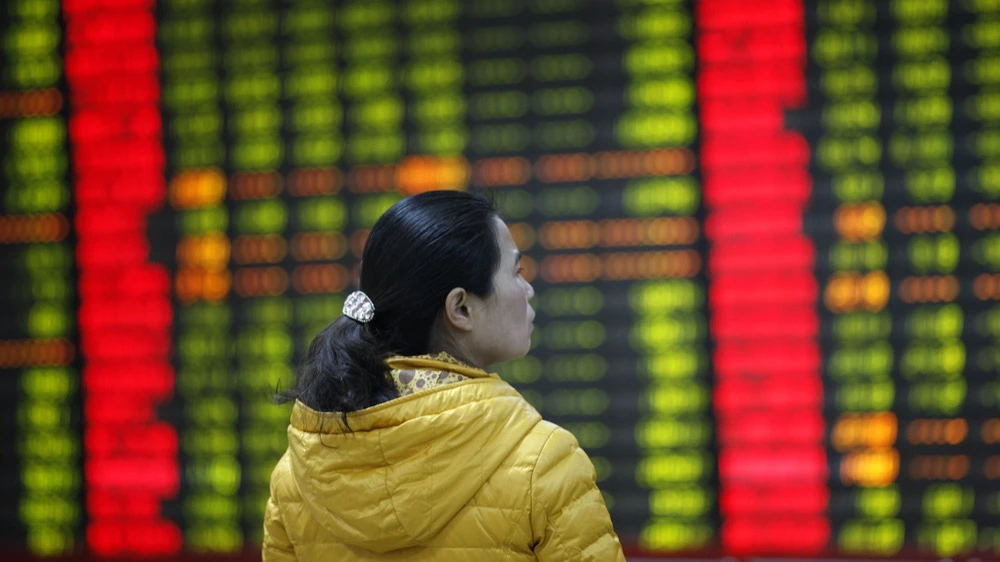A blow to confidence and a threat to growth: five consequences of an escalating US-China trade war

The renewed trade war between the US and China, the world's two largest economies, has once again become a source of global uncertainty. US President Donald Trump on Friday threatened to impose additional duties of 100 percent on Chinese imports and tighten export controls on US software shipments. Before that, China imposed new restrictions on exports of its rare earth metals important to the US technology and defense sectors.
Analysts at Bloomberg Economics wrote in a note reviewed by Oninvest about the long-term implications of a new escalation in U.S.-China trade relations.
- The imposition of additional duties on Chinese goods would increase the average effective U.S. duty rate for the PRC to 140%. Such a rate would effectively paralyze bilateral trade. Among those affected will be the electronics, machinery and textile sectors. The U.S. share in Chinese exports in September rose to 10.4% from 9.8% in August. But it is still below the level before the trade war between the countries (13.6% in the first quarter of 2025). The Chinese trade surplus with the U.S. in September increased for the first time since June this year and amounted to $22.8 bln. The total trade surplus of China fell by 11.5% to $90.5 bln.
- An escalating trade war between the US and China now has the potential to do even more damage to the Chinese economy - the last two months of the year account for about 20% of China's total annual exports.
- Equally important, the new conflict is a blow to consumer and investor confidence, emphasizes Bloomberg Economics. Everyone has already adapted to the current 40% duty rate for Chinese goods in the U.S. and accepts it as the status quo. But the prospect of their increase destroys the sense of stability. This could hit consumption in China. Retail sales growth in the Middle Kingdom has already slowed to 3.4% in August 2025 (market consensus was for 3.8%).
- Increased volatility could offset gains in China's stock market index. The CSI 300 index has risen 20% since June after the U.S. and China reached a trade truce. Investors have recently staged a technorally driven rally in the Chinese market - betting on the growth of local tech companies. On the morning of Monday, October 13, the main Chinese indices fell.
- The Chinese authorities may now have to take more serious measures to support their own economy, Bloomberg Economics does not rule out: lower the key rate and increase budget spending on infrastructure. However, fiscal stimulus risks increasing the debt burden and reducing the efficiency of public investment.
This article was AI-translated and verified by a human editor
